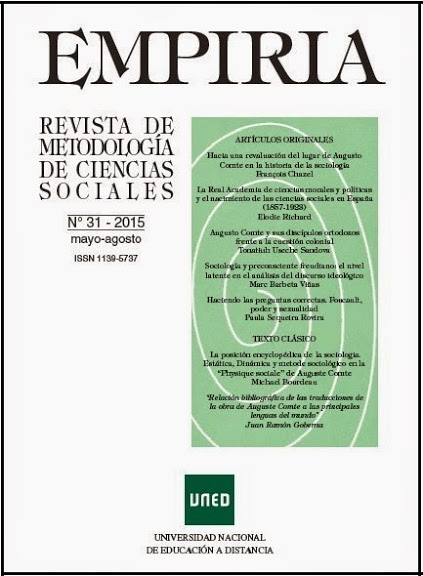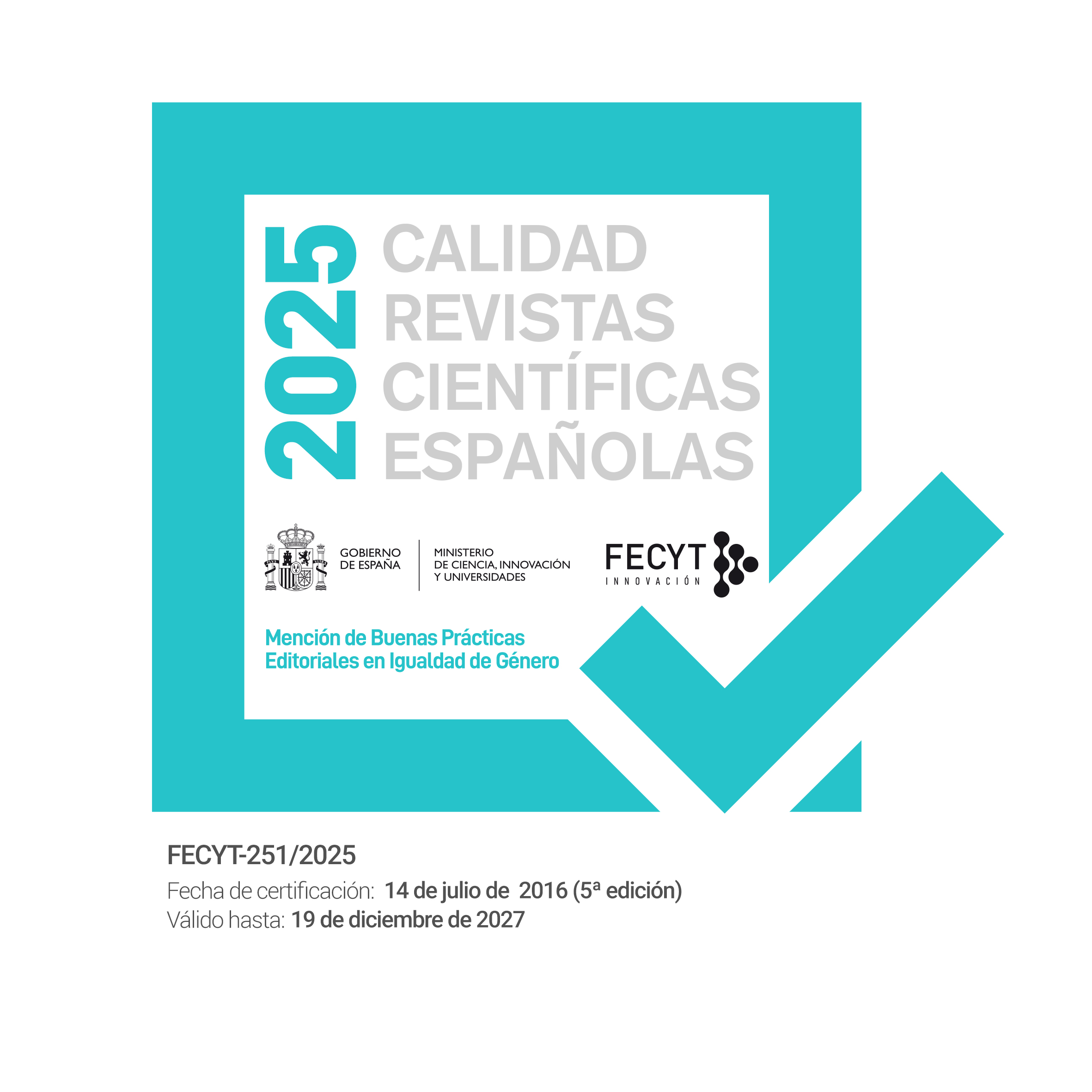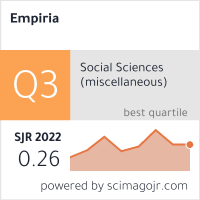The Royal Academy of moral and political sciences and the emergence of social sciences in Spain (1857-1923)
DOI:
https://doi.org/10.5944/empiria.31.2015.14537Keywords:
moral and political sciences, social sciences, academy, evolutionism, liberalism, organicismAbstract
This article deals with the emergence of social sciences in Spain at the end of the nineteenth century. It focuses on the Royal Academy of moral and political sciences, whose creation in 1857, on the French model, was part of the reorganisation of public education, but also an ideological reaction of the conservative party (partido moderado), which returned to power after the 1854-1956 Revolution. The Academy was officially in charge of propagating the political doctrines of the regime (namely “doctrinaire” liberalism) and of countering socialism at the scientific level. This paper shows the methodological relevance of studying such a multidisciplinary institution in order to grasp simultaneously the pluralistic scientific matrix of the social sciences as well as the political issues that surround them. It analyses the content and the evolution of moral and political sciences between 1857 and 1923 and highlights the multiple factors that played an active role in the emergence of the social sciences: the legacy of former scholarly disciplines, the impact of the propagation of naturalistic theories during the liberal revolution of 1868, and the critique of liberalism and liberal sciences following the social and political crisis from the 1880s onwards.
Downloads
Downloads
Published
How to Cite
Issue
Section
License
Los autores que publican en esta revista están de acuerdo con los siguientes términos:a) Los autores conservan los derechos de autor y garantizan a la revista el derecho de ser la primera publicación del trabajo al igual que licenciado bajo una Licencia Internacional Creative Commons CC BY-NC-SA 4.0.
b) Se permite y se anima a los autores a difundir electrónicamente las versiones pre-print (versión antes de ser evaluada) y/o post-print (versión evaluada y aceptada para su publicación) de sus obras antes de su publicación, ya que favorece su circulación y difusión más temprana y con ello un posible aumento en su citación y alcance entre la comunidad académica.












